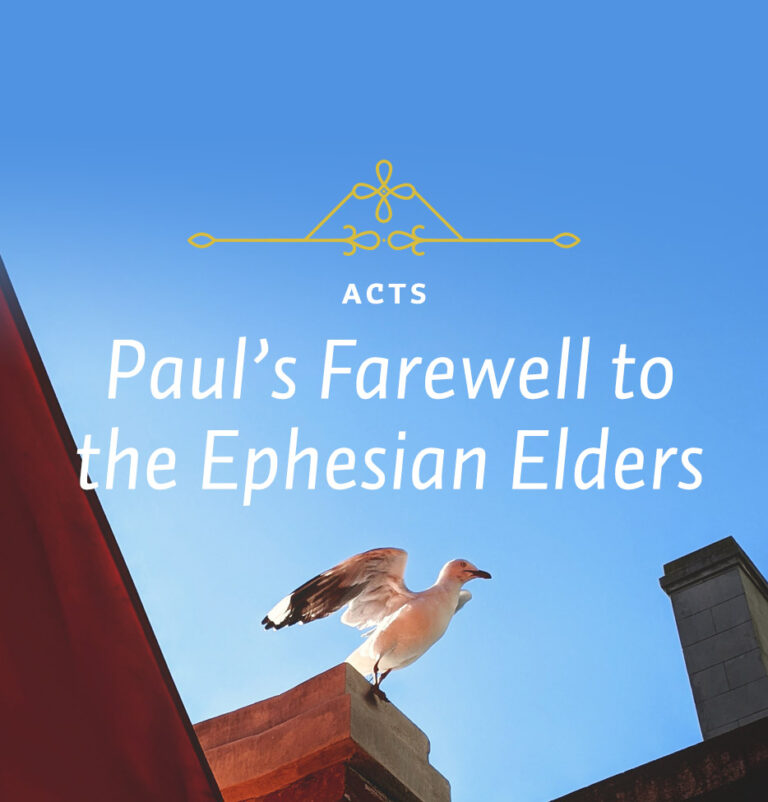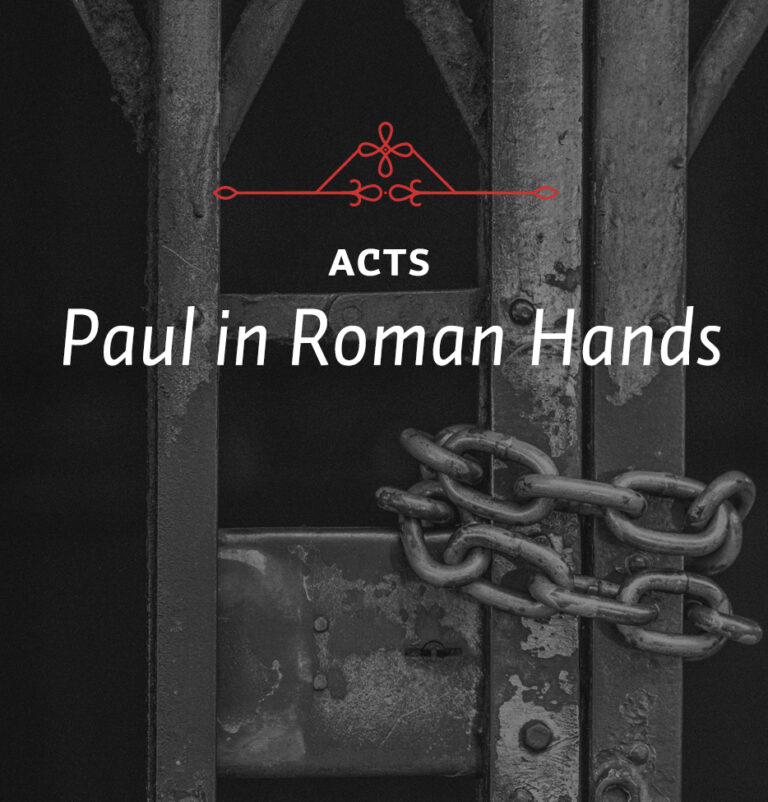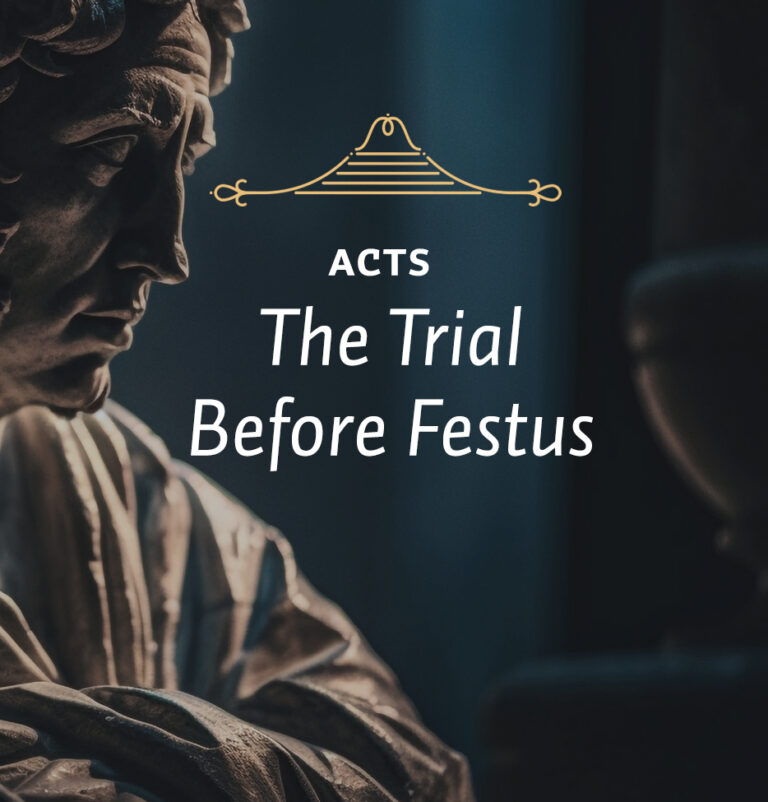
Tuesday: Serving Others with Tears
The second thing Paul says about himself in his testimony before the Ephesian elders is that, as he served among them with humility, he also did so with tears. Paul mentions this twice in the chapter. It is in verse 19, but you also find it in verse 31: “Remember that for three years I never stopped warning each of you night and day with tears.” Obviously this was something of considerable importance to him, though, as far as I know, this too is not referred to elsewhere.













